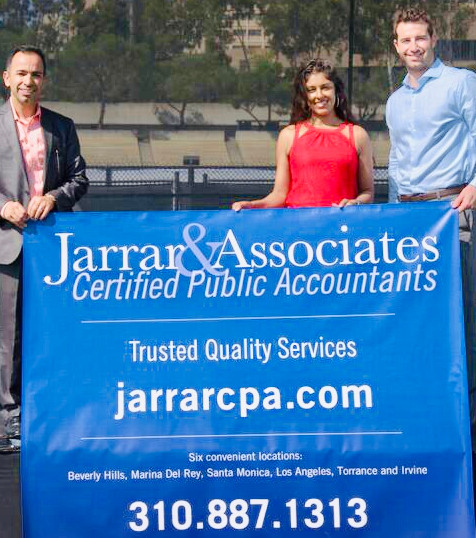Top 8 Ways You Can Avoid Tax Audit in 2020

An audit from the IRS is not only stressful, but also time-consuming, especially if your record-keeping is not up to par.
Exercising restraint in writing off expenses and deductions and losses for 2019 can help you avoid the wrath of IRS.
Seeking the help of a tax professional can lower your taxable income legally.
Here let’s find out how to avoid tax audit and the extra glance from an IRS auditor.
Schedule A Consultation Today!
Report all your income
Taxpayers need to report all income, even if there is no W-2 or 1099 for that income, including any stocks, trades or crypto currency transactions.
Audits are very real and something taxpayers shouldn’t take lightly. It is best use a tax pro to help prevent mistakes and get help should an audit occur.
For business owners, the IRS will expect a business plan if audited and businesses are allowed a net loss for any two out of five consecutive years, if there are any more, these are tax audit flags. If audited, the IRS is likely to view the business as a not-for-profit hobby that would not allow tax deductions.
Consider mark to market if you are a trader
The best way to make sure you prove your active trade status is to attach footnote documentation with your tax return clearly laying out how you qualified for trader status against IRS Tax Topic 429.
Active day traders can potentially elect section 475 mark-to-market and deduct all reasonable business expenses. Want to know how far the IRS can go?
In the event your return is selected for an audit, your clear and concise easy to follow footnotes can assist the IRS in the examination of your return. Filing day trader tax returns can be extremely complicated.
Invest in assets producing passive income

Non-residents can do this by investing only in assets which produce passive income, which under normal circumstances, means they don’t need to file a U.S. tax return. The non-residents can escape the IRS tax audit penalties by only investing in passive income assets.
Those with income tax filing requirements can avoid disclosure by incorporating their U.S. interests, which also protects them from future transfer tax exposure.
U.S. taxpayers holding interests in foreign corporations controlled by American taxpayers are subject to onerous tax requirements.
Failure to file information returns exposes an individual to $10,000 in annual penalties, and the statute of limitations for their income tax return remains open until the information form is filed.
The IRS does offer options to retroactively cure prior failures with little or no penalty – being proactive about curing prior failures is critical to minimize ramifications,
Schedule A Consultation Today!
Only Itemize Deductions if You Have the Paperwork
Only claim itemized deductions that are provable and ensure that you have the proper documentation to back any deductions you are claiming.
If you find yourself itemizing by a significant amount when compared to the previous year, provide an explanation with your return about the variance.
Now, if you are wondering who does the IRS audit, know they can audit anyone who fails to show proper paperwork for income.
Avoid Consecutive Years of Losses
If you file as a business, “you actually need to make money some years.
If you file returns that report a business loss year after year, with no other sources of income, you may draw the attention of the IRS.
Know what is often questioned
Some of the most common flags for an IRS audit are bad debt expenses, casualty losses, home office deductions, medical expenses, and business travel, meal, and entertainment expenses.
The importance of having proper documentation for these deductions cannot be overstated. Know how IRS audit works.
Be exact and be neat
Use exact numbers instead of rounding them off, and write neatly so you don’t cause excess stress for IRS agents reviewing your forms. Also be sure that your state tax returns match your federal ones.
Schedule A Consultation Today!
Avoid Crossing the Line
The IRS reports that it audits taxpayers in high tax brackets and those that report little to no income more often, especially taxpayers that are in a cash business.
Be smart, find a good tax adviser, and take advantage of all the opportunities to reduce your taxes and receive tax credits that are legal and within the tax code. Don’t cross the line and you should have nothing to worry about.
So, if you are wondering does IRS audit low income, you no longer need to worry
How Many Years Can Irs Go Back To Audit?

The IRS can include returns filed within the last three years in an audit. If we identify a substantial error, we may add additional years. They usually don’t go back more than the last six years. The IRS tries to audit tax returns as soon as possible after they are filed.
Contact Us Today:
Locations:




